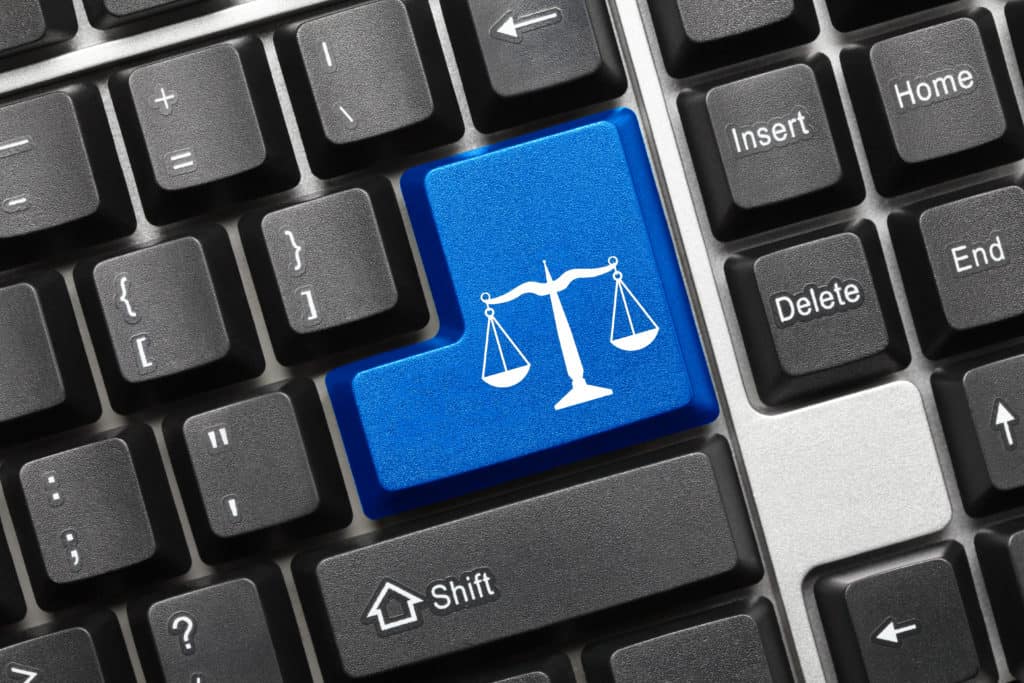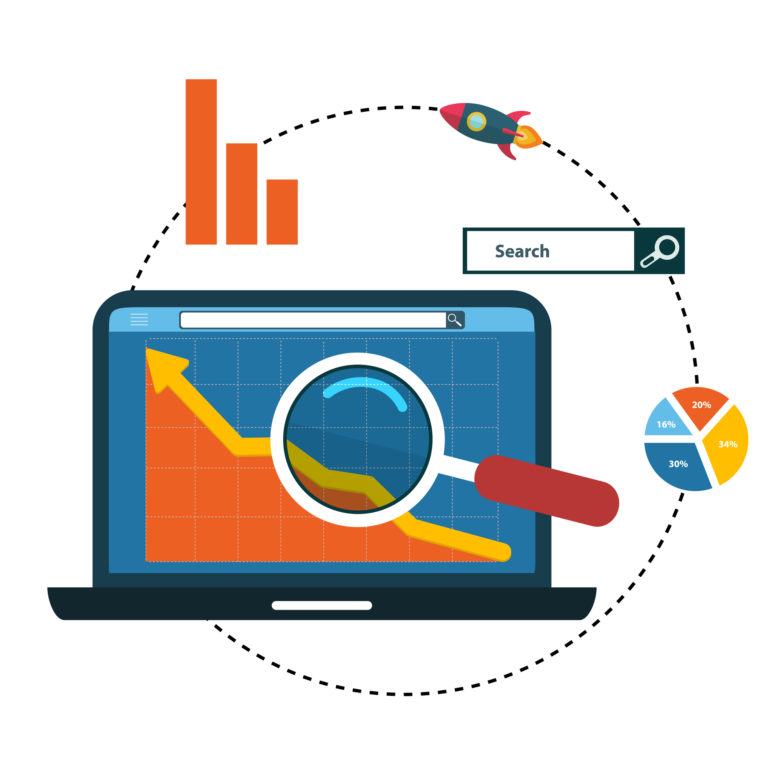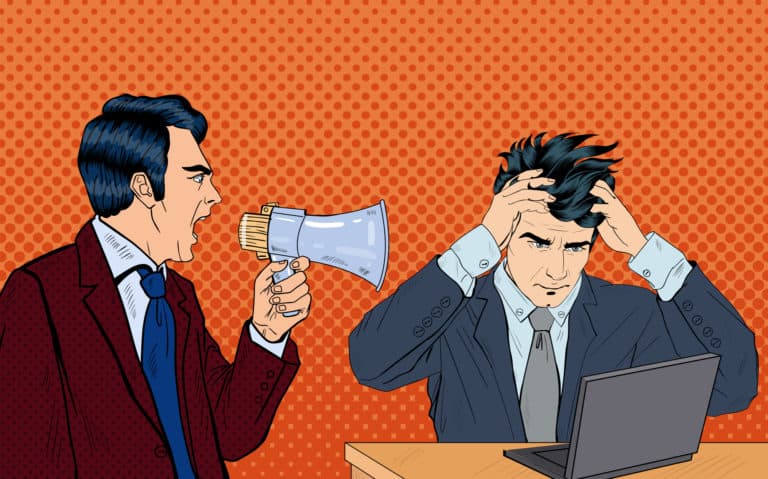
Have you been ‘reusing’, ‘borrowing’, or blatantly stealing content written by others? You’ve been plagiarising. And you’re in trouble.
Plagiarism is an ugly and perverse action that displays a culprit’s true character – lazy, greedy, selfish, and unintelligent. By committing plagiarism, you successfully highlight a lack of professional care, attention, and common decency. It’s effectively stealing. And the repercussions are effectively apt.
Yet, before I venture forward and denounce those who undertake acts of plagiarism, first, a history lesson…
Back when the world was black-and-white, Northerners ate tripe through choice, and lard was considered a health food; plagiarism held the prime position as a faux pas based solely in print media or the arts.
A builder couldn’t plagiarize the construction of a house. A surgeon couldn’t plagiarize the technique used to save a human life. The womb couldn’t be accused of plagiarism just because each baby had roughly the same design.
With written content and photography, however, the story remains different. One writer or photographer taking the intellectual property of another and passing it off as their own is the basic definition of plagiarism.
We can sound intelligent and proclaim the ‘P’ word stems from the Latin ‘plagium’; which means kidnapping. We could mention how plagiarism is the literal death of innovation. Perhaps we should outline that people have previously been murdered for theft of words and pictures.
Yet, we aren’t going to do that. Instead, we’ll simply point out that – depending on the size of the offense – plagiarism often leads to severe legal repercussions and can completely destroy your reputation for clean-cut, professional conduct.
If you aren’t bothered by finger-pointing and wrongdoing, then look at it this way; the domino effect is going to hit you where it hurts – your bank account.
Don’t think – just because the internet is ever-expanding and mind-bogglingly massive – that you can get away with plagiarism in the contemporary digital world, either.
Here’s why you should always craft your own content and avoid the realms of plagiarism indefinitely. Or face the professional and Google-sponsored firing squad.
Plagiarizing In The Digital World

Let’s start with some compassion, just to prove that I’m not all razor blades and vinegar. It’s easy to accidentally wander into the minefield of plagiarism’s legal consequences should you remain blissfully unaware of how digital content is governed.
It’s also quite effortless to land yourself a lawyer’s letter – or get yourself and your business sued – if you hold no concept of online worth. Most people born before computing became a mainstream industry rarely comprehend that digital content might be viewable for all, but it actually belongs to someone.
As it stands for print media, if someone has written something or published a series of images, then they belong to the creator. The same applies to digital content.
So – lifted someone’s blog to publish on your blog or website lately? Pinched some landing page content because you didn’t have time to write your own? Utilized a picture from Google Image Search for your home page without seeking permission? Whether you know it or not, you’ve been plagiarizing.
Here’s the interesting part.
While there’s a belief that you only get caught if the author clocks your theft, or someone spots the plagiarizing on their behalf, there’s actually an aggressive online algorithm that punishes content thieves accordingly.
You’ll have heard of it. You’ll have used the algorithm on a daily basis. You know the name.
Google.
Once upon a time, it was a vague and distinctly grey area. Online property rights – whether that be music and film piracy, words, pictures, or branding – has only recently found footing.
During Bill Clinton’s reign over the United States of America, the internet was firmly in infancy. There were very few laws that governed digital conduct, and literally nothing in place to prevent or punish those who masqueraded under other people’s work.
It’s still a debate that rages on through various courts, but you can’t escape one significant fact – plagiarism is illegal. Laws have moved forward, and hefty sums of money (and even jail sentences) have resulted from the smack of a judge’s hammer.
However, it’s very much a different story today.
Plagiarism: Google Is Watching You

As you may recall us mentioning in previous blogs, Google operates through a complicated and intelligent algorithm that ranks websites on trust, content, and security – among various other aspects. These algorithms are updated on a semi-regular basis to ensure that nobody (business nor person) acts with malice or intent to defraud or harm.
Google is effectively one step ahead of everyone. Their search algorithms have become the basis of our online activity. It steers our digital trends. If Eric Goldfinger ran the company, it would strive for world domination.
Boiled down, if you aren’t abiding by the international rules of digital law, you won’t appear in Google’s organic search results. And, sorry to tell you, but plagiarism is one of the many unscrupulous activities that will result in a black mark against your name or business.
Google’s search algorithms are now at Skynet-levels of intelligence and can detect when you have used someone’s content. Not only do the Search Bots scan your page content, but they can take your content and cross-check it across billions of webpages in the blink of an eye.
So, while no person has yet reported your blatant theft, Google already knows. And Google has already marked your card. The result? You’ll tank down the search rankings faster than Enron stock. Or Pets.Com, remember that catastrophe?
In a nutshell, if you are engaging in plagiarism – regardless of accidentally or deliberately – and copying content, then the search engine giants will ensure that your business descends into the depths.
I can hear the cogs in your head-turning.
But I’ll just regain their trust, right?
Wrong. It doesn’t work like that. To regain Google’s trust is almost impossible.
I’ve been copying content, and I’m still at the top of the search engines.
Well, remain smug while you can. It’s only a matter of time, my friend. And once Google finds out how long you’ve been doping them, they are going to hit you harder than Chamoy Thipyaso’s jail sentence.
How does SEO ranking affect my revenue and profit?
All this talk of descending SEO rankings will kill any chance of potential customers finding you through Google. As the world moves further into a digital landscape, having a robust Organic SEO ranking remains imperative to your revenue.
Sure, word of mouth and the ‘old fashioned’ way of marketing will yield results. Still, nothing screams of distrust nowadays more than a lack of digital presence. And, as any research will tell you, ranking on the search engines is now life and death for businesses.
Point of the lesson: Google knows when you copy content.
The lesson? Don’t do it.
The Lawful Aspect and Punishment for Plagiarizing Content

Ok. Here’s some serious stuff.
Plagiarizing doesn’t just taint your professional reputation, but it can bring the law book down. Hard. Hard enough to leave Aircraft Investigators piecing you back together.
I’m pretty sure that you’ll have heard of copyright law. It’s the sort of stuff where actors, directors, musicians and public figures make the headlines for passing their work off as their own. Shia LaBeouf did so for his attempts at plagiarism not all that long ago.
Lifting and using content that isn’t yours breaks those copyright laws.
While you are always welcome to engage with content for inspiration, research, education, or to find quotes (with appropriate citation), you are not legally entitled to use that person’s content for your own gain. As you are running a business, any online publication of work other than your own will be viewed as profiteering.
As soon as you copy and paste those words, you are entering the minefield. You’ve effectively stuck on your clown shoes once you hit publish. It’s all deemed illegal. It’s a criminal offence. And it’s going to cost you once the relevant authorities find out.
Before you dismiss my words of warning:
- Think about the repercussions.
- Think about how your reputation will suffer irreparable damage.
- Think about how you’ll be funding a lawyer’s next holiday to Barbados with the incoming legal fees.
- Think about the excessive work that will need to be undertaken simply to clear your name.
Throughout the world’s educational establishments, plagiarism is punishable by expulsion. In the business world, it’s punishable by law. People have been hit with record fines, alienation from professional clubs and groups, and even enjoyed some time behind bars.
Point of the lesson: The law will get you for taking other people’s content and passing it off as your own.
The lesson? Don’t do it.
Why Do People Plagiarize?

Again, we can sympathize to a degree here. Time is often a huge factor in creating content. It can seem easier (and quicker) just to ‘borrow’ content from others. Sometimes, a lack of knowledge hampers progress.
Other times, laziness can strike. What would usually take hours to put together can instead be taken from the internet in a matter of seconds. Job done. Time to relax, right? You may very well think that. I couldn’t possibly comment.
If you are stuck with an ego and believe yourself to be untouchable in SEO and plagiarism terms, then I have some Glasgow-toned news for you, pal. Naw. Ye arney gettin’ awa with it.
Basically, people look for an easy way out. Plagiarism isn’t always intended, but enduring a full schedule or not having the time to write is no excuse for stealing. Trust me; it’s not worth it in the long run after you’ve been caught.
Point of the lesson: It’s easy to take the easy route and conduct plagiarism.
The lesson? Don’t do it.
Plagiarism: Turn The Tables

Let’s look at this another way. What if you are the person that others are copying without due credit or financial reimbursement?
If another healthcare professional were out there, masquerading under your hard graft, research, and writing, you’d be angry. You’d hunt them down like Liam Neeson and ensure that you were compensated. You’d force money out of them, utilizing the full extent of copyright law.
You’d make sure that people knew about their heinous acts of crime. With the sharing capabilities of modern-day social media, that would be a pretty easy task. You’d ruin their reputation and lay in wait for the next clown to run across that minefield.
So, if that’s how pissed you’d be, why wouldn’t anyone else be pissed about you stealing their content? Treat others as you would like to be treated. Unless you enjoy being sued and hounded to an assisted financial oblivion.
We Can Help You Avoid Plagiarism

While we can’t represent you in a court of law, we can help you craft original content that prevents any claim or threat of plagiarism. We can help steer you away from a life of crime.
Direct Response PT offers a Professional Content Writing Service to help free up some of your time. We do the research. We do the hard work. You get to gloat outside the prison bars.
Think we can help you? Get in touch with us through our contact page.








